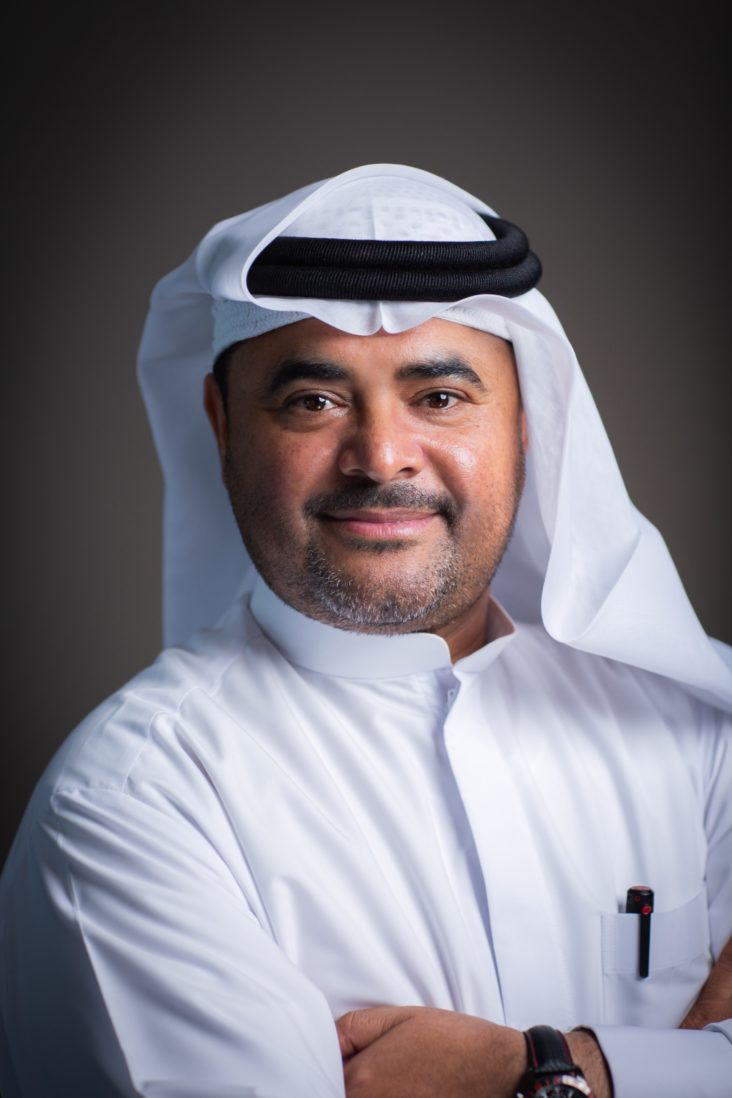Dubai Economy Turns Future-Readiness Focus To 3 More Emerging Sectors

Building on the success of its first Future Economy Lab workshop series, Dubai Economy will bring together public and private sector stakeholders as well as the academia in a second series of discussions centred on three major sectors that holds great promise to Dubai’s economic future – the Gaming Industry, Circular Economy and Cashless Economy.
Part of the strategic focus of Dubai Economy on improving competitiveness and future-readiness across vital sectors in the emirate, the workshops aim to foster partnerships on solving challenges and seizing future opportunities brought about by global megatrends and changes.
Mohammed Shael Al Saadi, CEO of the Corporate Strategic Affairs Sector in Dubai Economy, said: “Dubai Economy is pleased to organize the second series of our Future Economy Lab workshops with more topical and impactful subjects such as the Gaming Industry, Circular Economy and Cashless Economy. Using Design Thinking approaches, each hack brings out deeper conversations among the stakeholders, and the rich knowledge exchange enhances trust between the private, public ad academic sectors.”
Added Al Saadi: “Identifying solutions and recommendations to make Dubai the leader in these tracks is only one half of the equation. The challenge lies in how successful we are in our collaboration – among business and government – to execute the strategies; as well as how agile we remain and adjust our tactics as the environment evolves. It is not a point-in-time solution to the issues at hand but a commitment to a journey of realizing our big bets for the future. The Future Economy Lab has been set up to do just this.”
The first workshop in the second series, to be held on the 26th of November 2019, will bring Circular Economy in spotlight. This will be followed by workshops on Gaming & E-sports and Cashless DXB in January 2020.
The UAE is moving ever closer towards a cashless economy, driven chiefly by a younger population keen to adopt new means and government-led initiatives to encourage eCommerce. Meanwhile, circular economy, which refers to an alternative economic system aimed at eliminating waste and continual use of resources, is predicted to help GCC cities save $138 billion (Dh507 billion) and 148 million tonnes of C02 emissions between 2020 and 2030.
With gamers constituting six out of 10 of the online population in the region. the Gaming industry in the Middle East and North Africa region is projecting the fastest annual growth globally of 25%. In the UAE alone game revenues are expected to be AED 1.2 billion ($334 million) in 2019 while regionally, revenues are expected to cross AED 16 billion by 2022.
The Future Economy Lab workshops review current challenges, business practices, regulations and policies, and develop recommendations, transformative strategies and initiatives to sustain Dubai’s economy in the context of a rapid changing global environment defined by slowing global growth, disruptive technologies, and shifts in trade flows.
Taking a “Dubai-Inc” approach, the lab is founded on the realization that neither the public sector, the private sector nor civic sector can often accomplish their purposes alone, without collaboration and collective vision. The lab will focus on addressing future economy challenges that will be identified through a combination of feedback from the private sector, outputs of future foresight studies and strategic direction from the Government.


